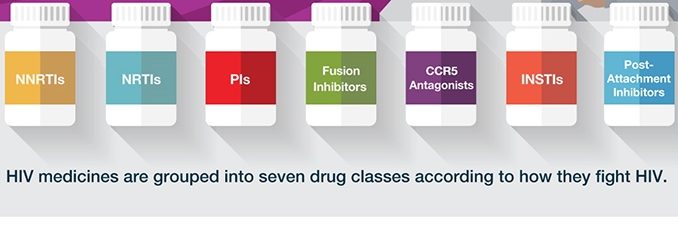
Researchers at various research sites continue to conduct clinical trials to discover a cure or improved life-prolonging antiretroviral therapies (ART).
The hunt for HIV cure and long-acting drug regimens is necessitated by the current challenges of adherence to taking pills orally daily.
One of the drugs the US the Food and Drug Administration (FDA) has approved is Cabenuva (a combination of two types of HIV drugs, namely cabotegravir and rilpivirine).
The beauty with Cabenuva is that it will be administered once every month or every two months as an injection.
Commenting on such developments, Centre for Solutions Journalism director Brian Ligomeka lauded the researchers for coming up with a drug that will be handy for those who struggle to adhere to daily oral dosages.
“Researchers have made progress, but there is need to do more than what has been achieved because in some countries, it is only people living with HIV that have achieved undetectable virus who will benefit from such a drug. What that means is that there is more to be done so that anyone living with HIV wishing to get a Cabenuva jab should do so without facing any barriers,” he said.
Another injectable HIV medication is Lenacapavir (Sunlenca) received FDA approval in late 2022 as the second injectable HIV medication. As capsid inhibitors that prevent virus multiplication Lenacapavir capabilities decrease the amount of HIV in the blood.
Currently, in countries where Lenacapavir is available, people only get the jab twice a year, and it is mostly those who have become resistant to other drugs accessing this medication.
Meanwhile, some research sites are working on a therapeutic HIV vaccine .
Several other cures and drug improvements are under way in many countries, raising hope that after the first breakthrough of the development of the current ARTs, the future breakthroughs may include the discovery of the ultimate cure for HIV and AIDS.
The developments become even sweeter when one considers that South Africa is one of the countries which will be manufacturing a two-monthly HIV prevention injection branded as CAB-LA, according to Bhekisisa Centre for Health Journalism.
